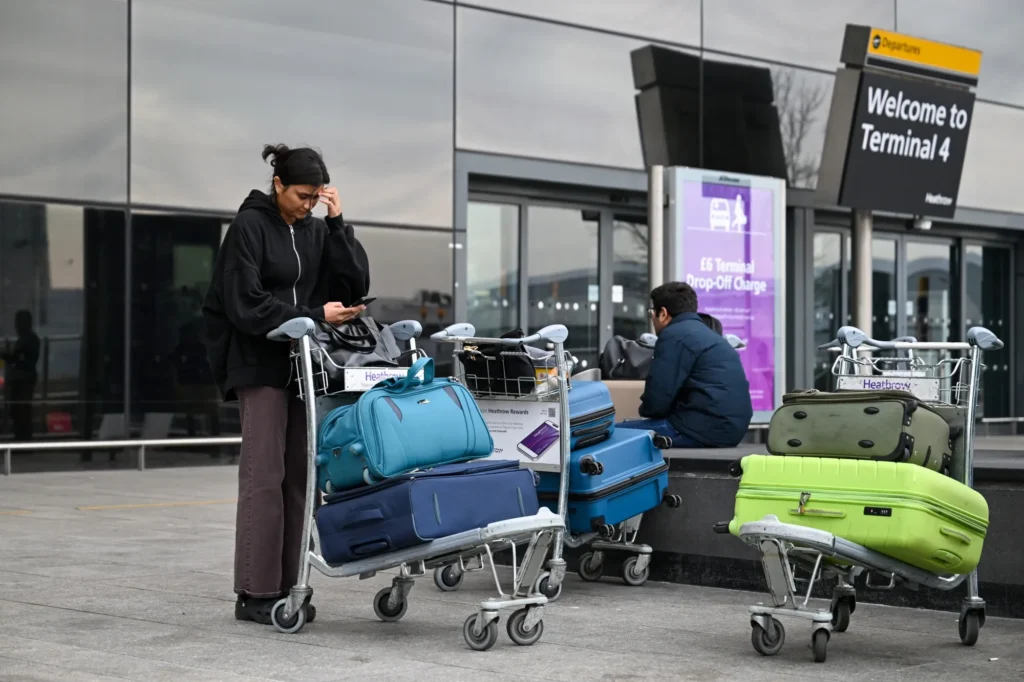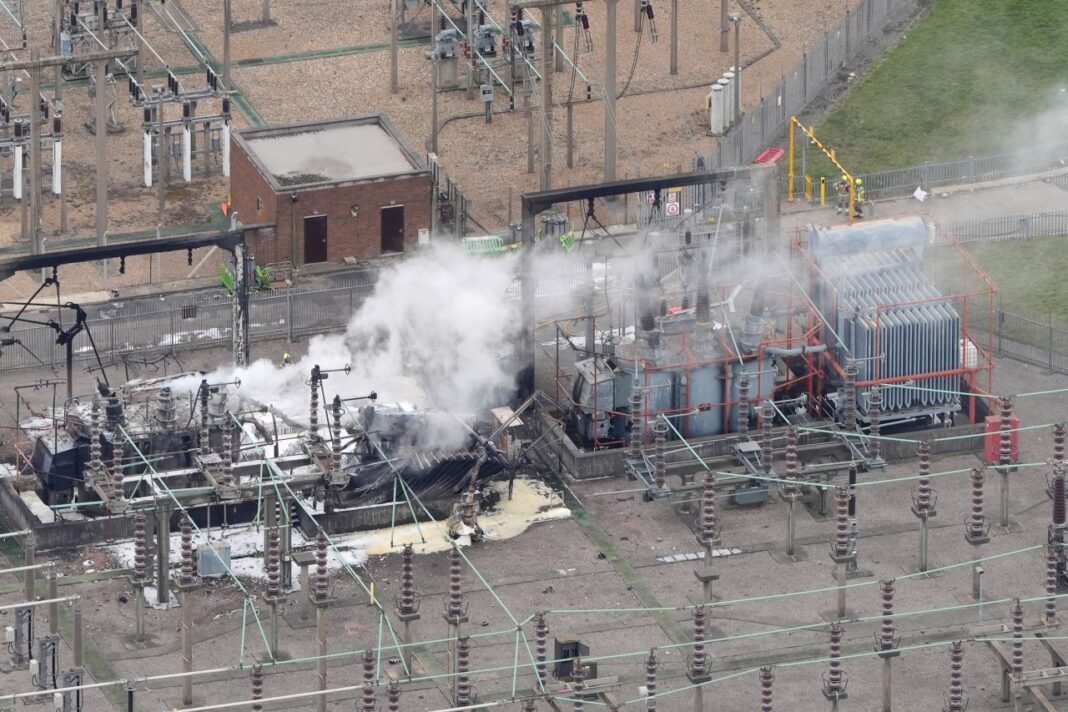Energy Secretary Ed Miliband has launched an urgent investigation following the devastating power outage that led to the closure of Heathrow Airport on Friday, leaving thousands of travellers stranded across the globe.
The incident was caused by a fire at the North Hyde substation in west London, which supplies electricity to Heathrow and surrounding areas. The blaze resulted in a major blackout, disrupting nearly 1,400 flights, forcing the cancellation of over 70 inbound flights, and impacting more than 16,000 homes.
Miliband has tasked the National Energy System Operator (NESO) with leading the investigation, stating the aim is to build a “clear picture” of the incident and examine the resilience of the UK’s energy infrastructure. The findings will be submitted to the government and Ofgem within six weeks.
“We are determined to properly understand what happened and what lessons need to be learned to prevent this from ever happening again,” Miliband said.
Heathrow Airport has since resumed operations, with officials confirming the hub was “open and fully operational” on Saturday morning. However, the fallout from the outage continued, with further delays and cancellations reported over the weekend. The airport added 50 flight slots on Saturday to accommodate an additional 10,000 passengers in an attempt to ease the backlog.
Heathrow’s CEO, Thomas Woldbye, clarified that the root of the disruption was external. “This incident was not created at Heathrow Airport. It was created outside the airport, and we had to deal with the consequences,” he said.
Substations like North Hyde are vital for converting and distributing electricity at usable voltages. Heathrow operates three substations with backups, along with diesel generators and uninterruptible battery-powered systems for essential safety functions. However, when the fire struck, both the primary substation and its backup were unavailable, leading to cascading failures across the network.
In response to the crisis, Heathrow has also commissioned a separate review of its emergency response and crisis management protocols. Former Transport Secretary Ruth Kelly will lead this independent review.
Passengers caught in the disruption shared stories of frustration and financial stress. One traveller, Farah Rafeeq, had to rebook her flight to Cambodia at double the original cost, missing part of a friend’s wedding celebration. Another passenger, Charlotte, recounted being stranded in Miami with her infant and toddler after their flight to London was turned around mid-air.

The Met Police confirmed counter-terrorism officers initially led the inquiry, but the fire is not being treated as suspicious.
Heathrow chairman Lord Paul Deighton expressed regret over the disruption, stating, “We prioritised the safety of our passengers and colleagues. We are committed to learning from this unprecedented incident.”
As investigations proceed, questions around the robustness of critical national infrastructure and emergency preparedness remain front and centre, with hopes that new measures will soon be in place to avoid similar chaos in the future.
For more updates on this story, follow London Pulse News.


